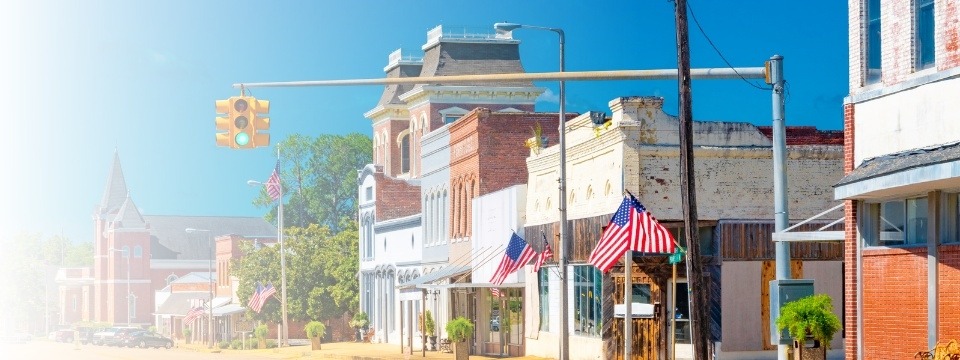
Community Banks: The Lifeline of Local Economies in the United States
Community Banks: The Lifeline of Local Economies in the United States
In the dynamic financial ecosystem of the United States, community banks play an integral, yet often understated role. These local financial institutions don't just store your money or lend a helping hand when buying a home; they are the bedrock of community development, catalyzing local economies while providing personalized services.
Community banks, typically defined as locally operated financial institutions with less than $10 billion in assets, are uniquely intertwined with the fabric of their locales. Unlike larger, multinational banks, they possess a deep understanding of the local economy, its people, and their needs, enabling them to provide targeted financial solutions. This local know-how is vital for the communities they serve, particularly in rural or underserved areas where large banks often fall short.
One of the most significant contributions of community banks is their impact on small business growth. They are leading lenders of small business loans, providing the necessary capital for entrepreneurs to transform their dreams into reality. By supporting local businesses, these banks foster job creation, community development, and stimulate economic growth in areas that might otherwise be overlooked.
Community banks also play a pivotal role in personal lending, such as home mortgages. They often offer more flexible terms, catering to low- and moderate-income individuals who might be ineligible for loans from larger institutions. This inclusivity promotes homeownership and contributes to community stability and wealth accumulation.
Additionally, these banks take 'community' to heart. They invest directly in the neighborhoods they serve by supporting local schools, non-profits, and community events. Their stake in the community's success goes beyond the balance sheet; it's about fostering a healthy, thriving local economy where everyone benefits.
Financial education is another benefit community banks offer. They often provide resources and tools to help individuals better manage their finances, understanding that an informed community is a financially healthier one. By empowering individuals with knowledge, they contribute to the economic resilience of the community.
Community banks also encourage local monetary circulation. Money deposited in these banks is more likely to be reinvested locally, creating a positive cycle of growth and development within the community.
Despite the rise of online banking and fintech, the relevance and importance of community banks remain. Their personalized customer service, tailored towards the specific needs of their clients, cannot be fully replicated by digital platforms. They continue to be the go-to institution for many Americans seeking a personal touch, flexibility, and understanding of their unique circumstances.
Community banks are more than just financial institutions. They are economic catalysts, community builders, and educators. They underpin local economies, support small businesses, promote inclusivity, and invest in their communities. They are not just about transactions; they're about relationships, service, and community growth.
As we navigate the financial future, the value and importance of community banks to the economic and social fabric of our communities remain clear. They continue to be essential contributors to the vibrancy and resilience of our local economies across the United States.
Read These Articles Next
January 25, 2023
Tess Bower
May 2, 2023
Tess Bower
January 19, 2022
© 2026 FINANCIAL EDUCATION & DEVELOPMENT, INC





